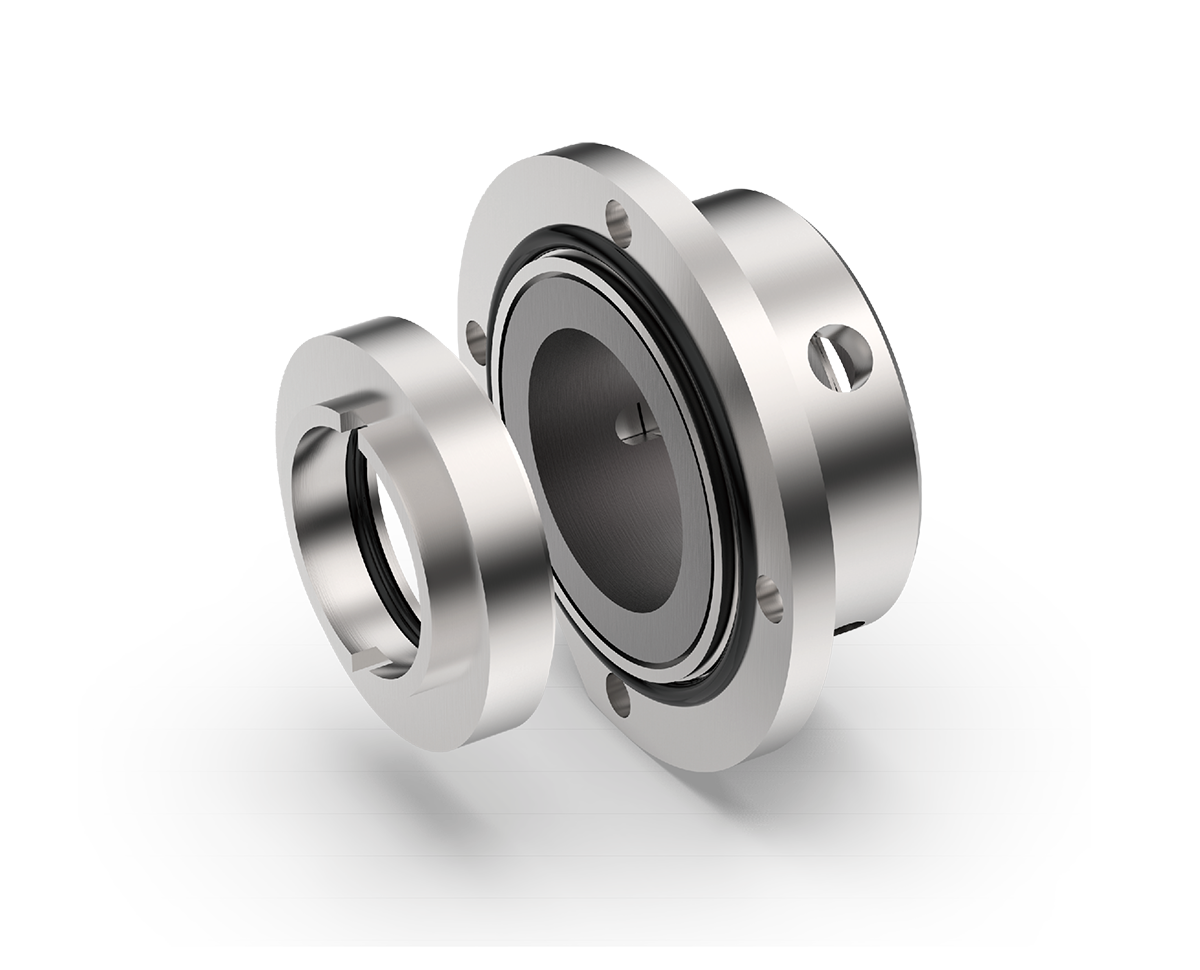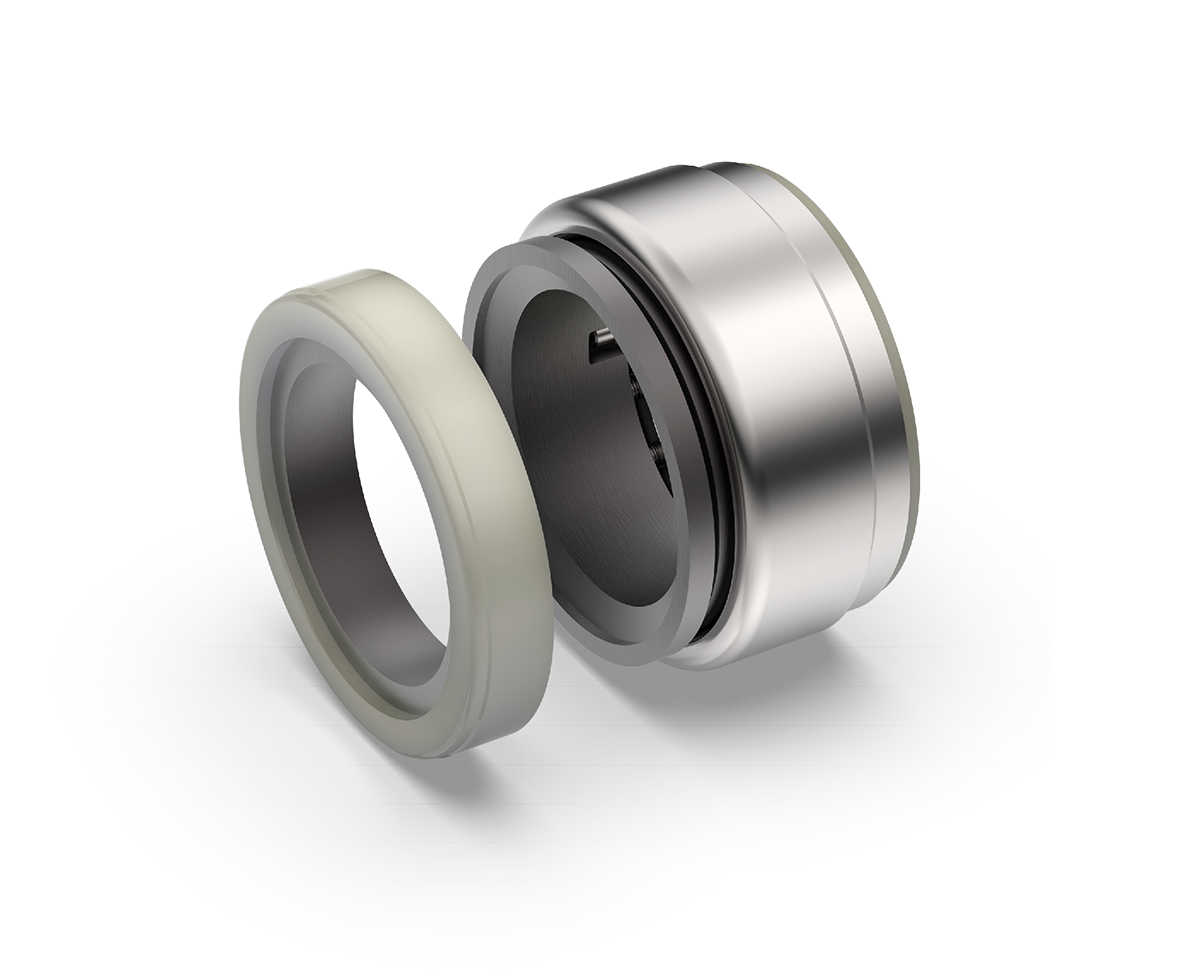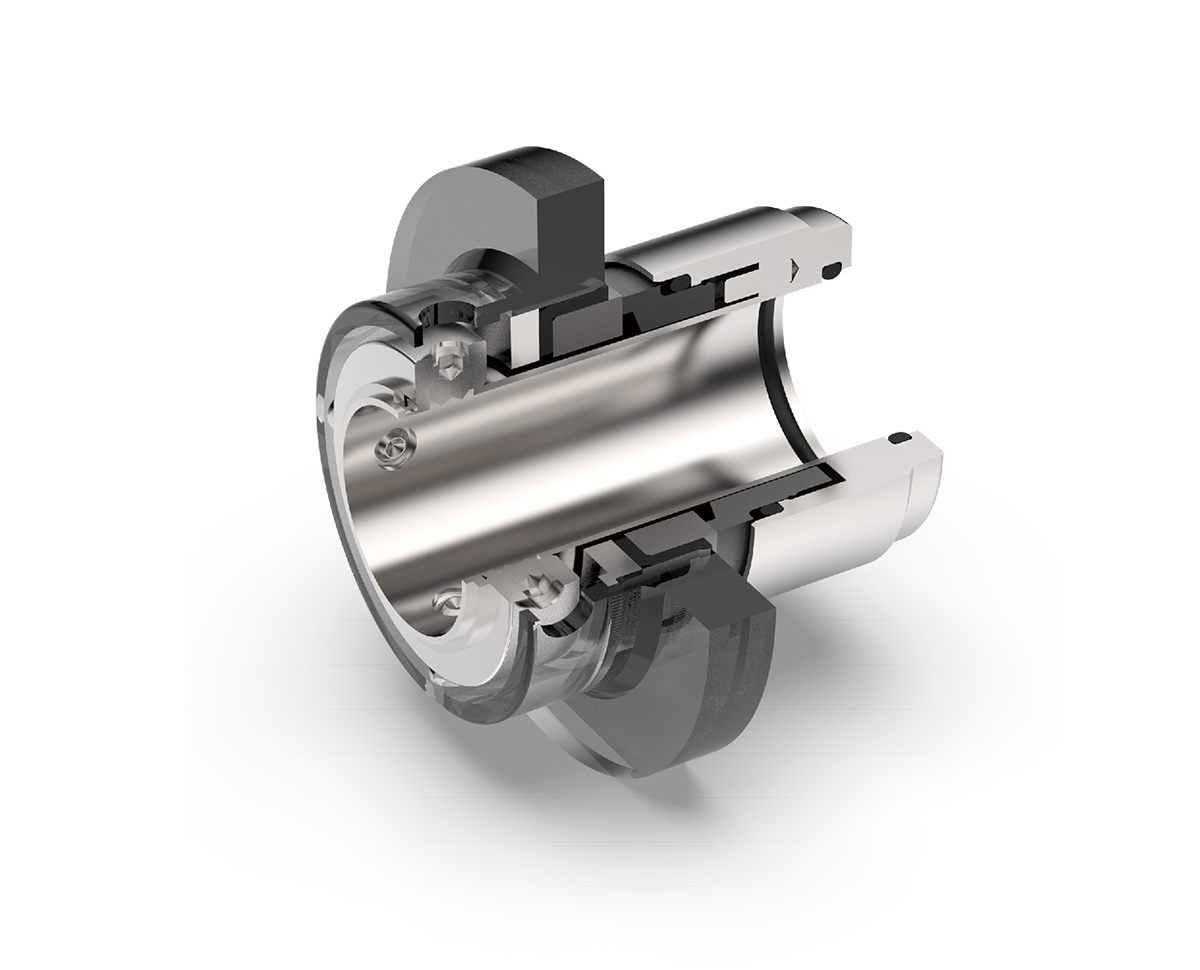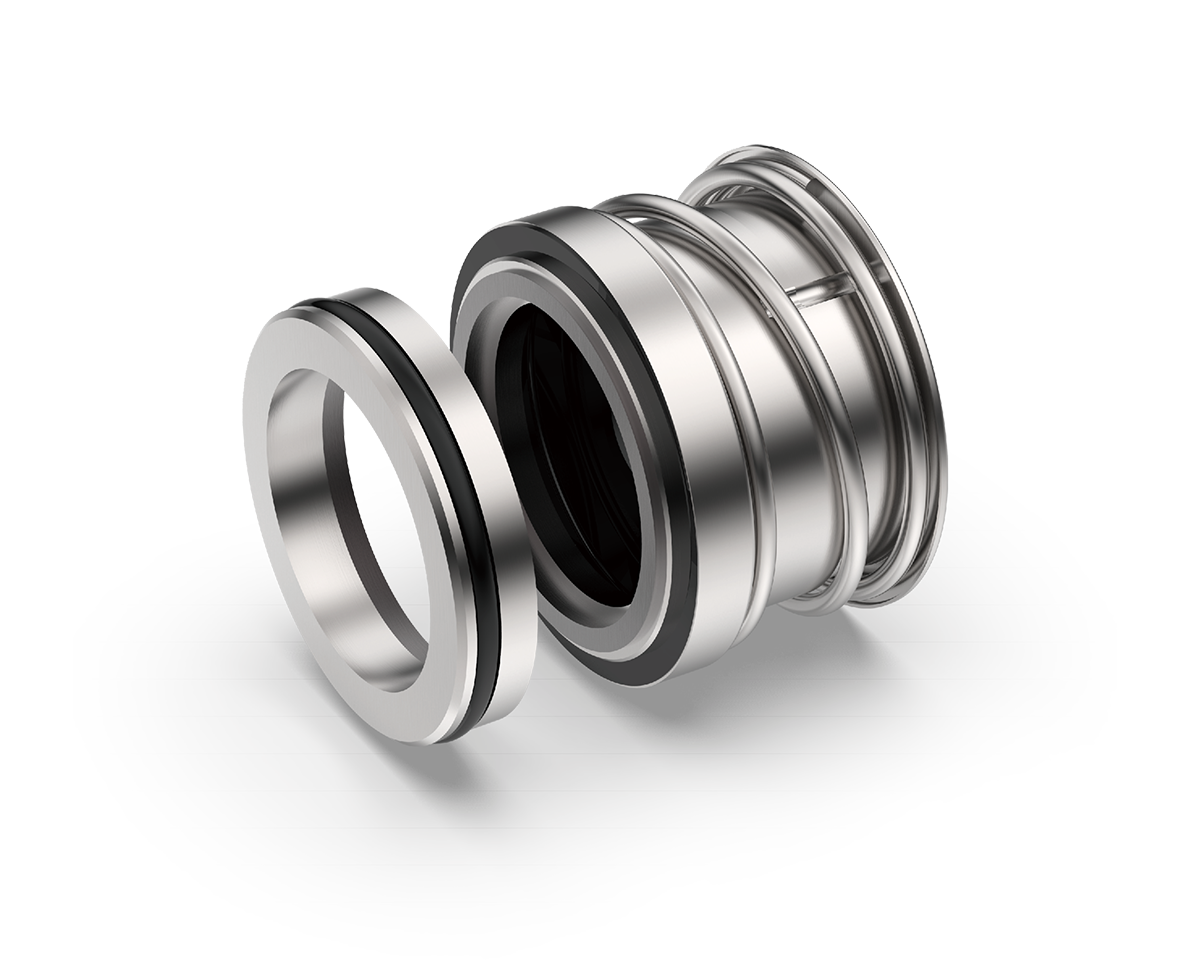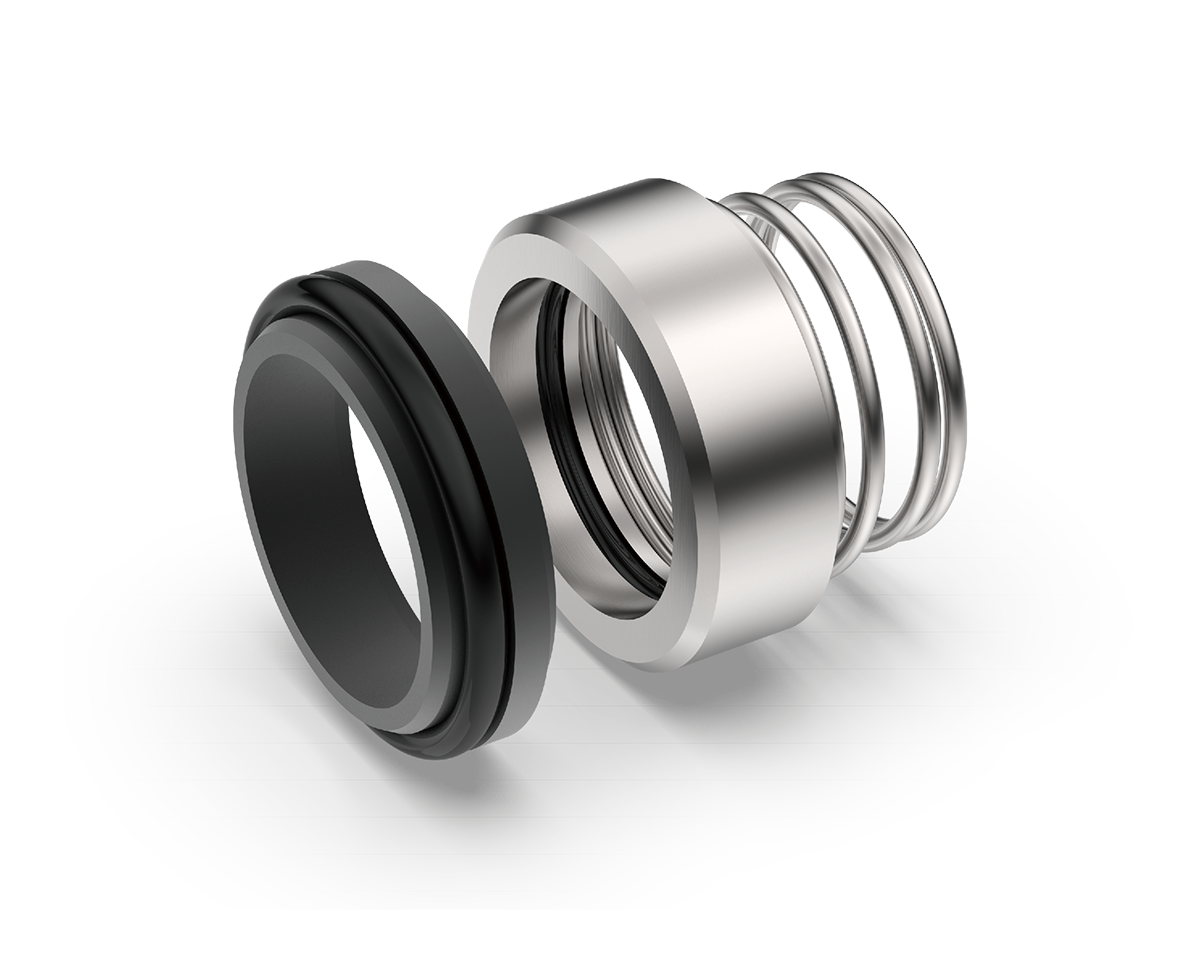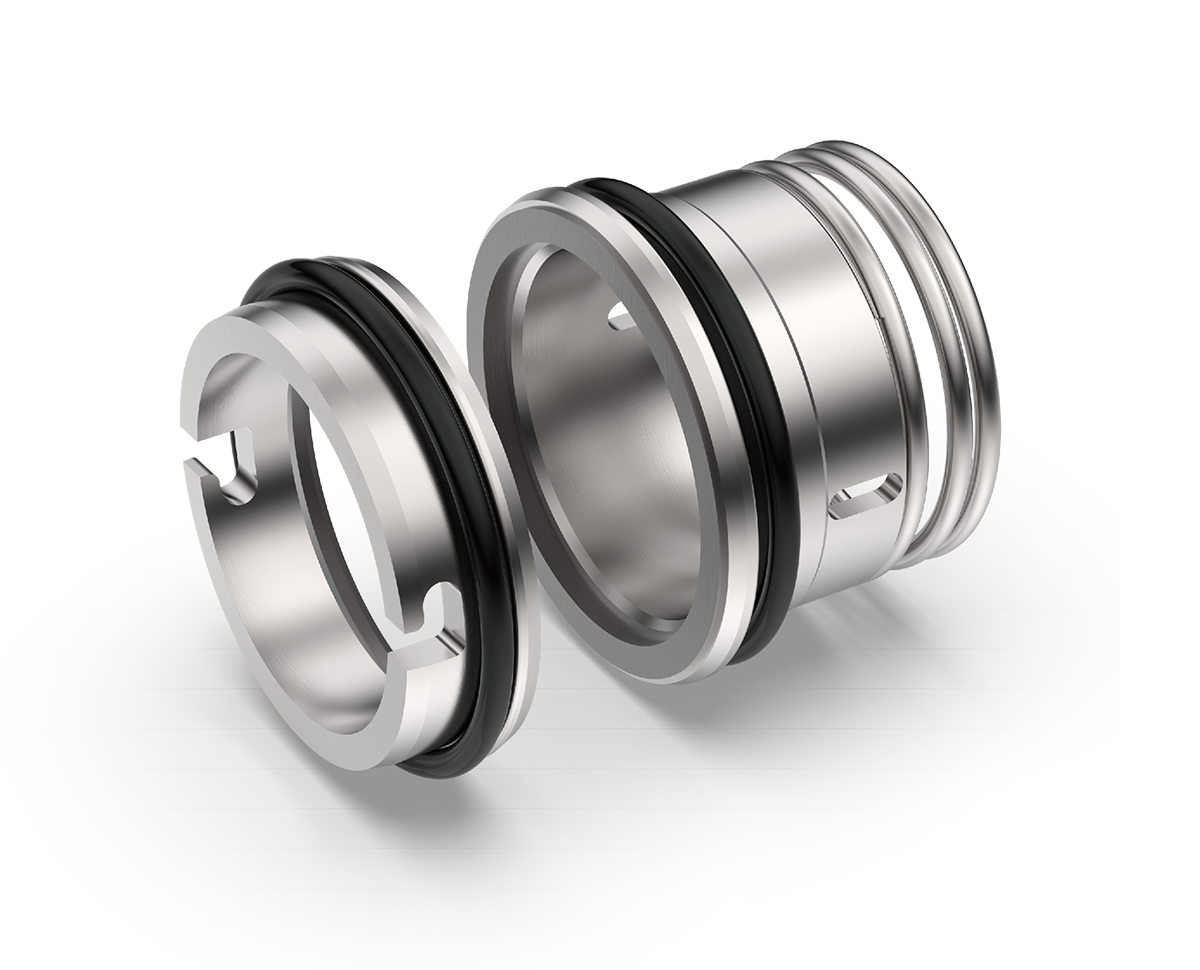Application of Mechanical Seals in Food & pharmaceutical industry field
Mechanical seals are widely used in the food and pharmaceutical industry for various reasons. They are crucial in ensuring hygiene and safety in the manufacturing processes. Mechanical seals provide a tight seal between two rotating parts and prevent any leakage of the substances being processed.
One of the main reasons for the application of mechanical seals in the food and pharmaceutical industry is their ability to prevent contamination. The industry has strict hygiene regulations, and any contamination can lead to illnesses or other adverse effects. Mechanical seals eliminate the problem of shaft wobbling or vibration, which can cause leaking of substances and bacteria contamination.
Another critical application of mechanical seals in this industry is their ability to withstand high temperatures and aggressive chemicals. Both food and pharmaceutical products require high temperatures during processing, and the equipment used must withstand them. Mechanical seals are designed to withstand such conditions, ensuring that the substances are not contaminated at any stage of production. Additionally, the seals provide resistance to aggressive chemicals, which are commonly used in cleaning and sterilizing of equipment.
Mechanical seals are also used to prevent energy waste. In industrial applications, energy usage can be very high, and this can be costly for businesses. Mechanical seals help to reduce energy usage by minimizing friction between the rotating parts of the equipment and, in turn, reducing the power needed to operate the equipment.
Lastly, mechanical seals help to reduce maintenance and repair costs. They are designed to withstand wear and tear, making them last longer than other seal types. Furthermore, they require minimal maintenance, which means that businesses can reduce their maintenance and repair budgets.
In summary, the application of mechanical seals in the food and pharmaceutical industry is critical in ensuring hygiene, safety, and efficiency in the processing of substances. Their ability to withstand high temperatures, aggressive chemicals, prevent contamination, reduce energy waste and, reduce maintenance costs make them a popular choice for businesses in this industry.


